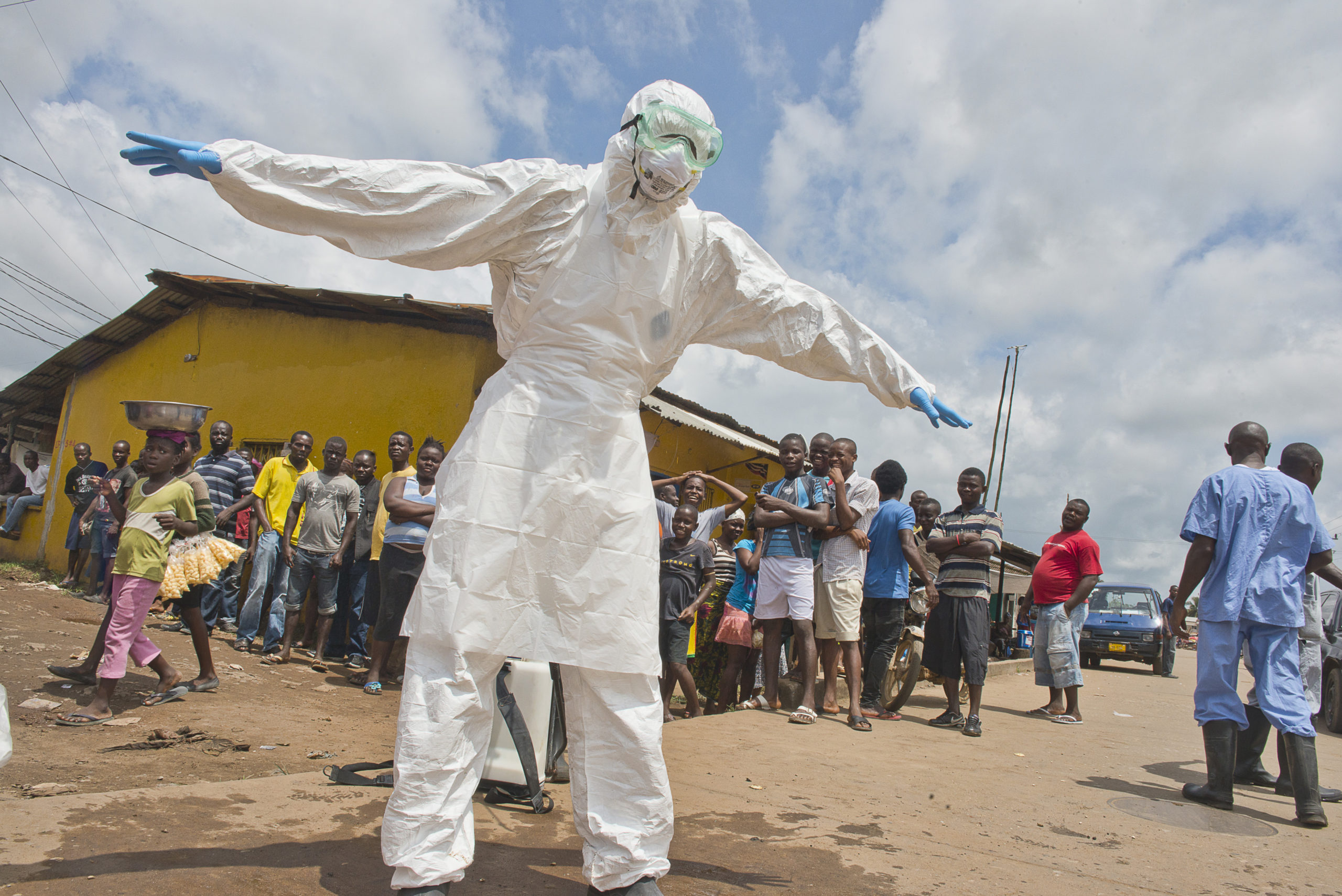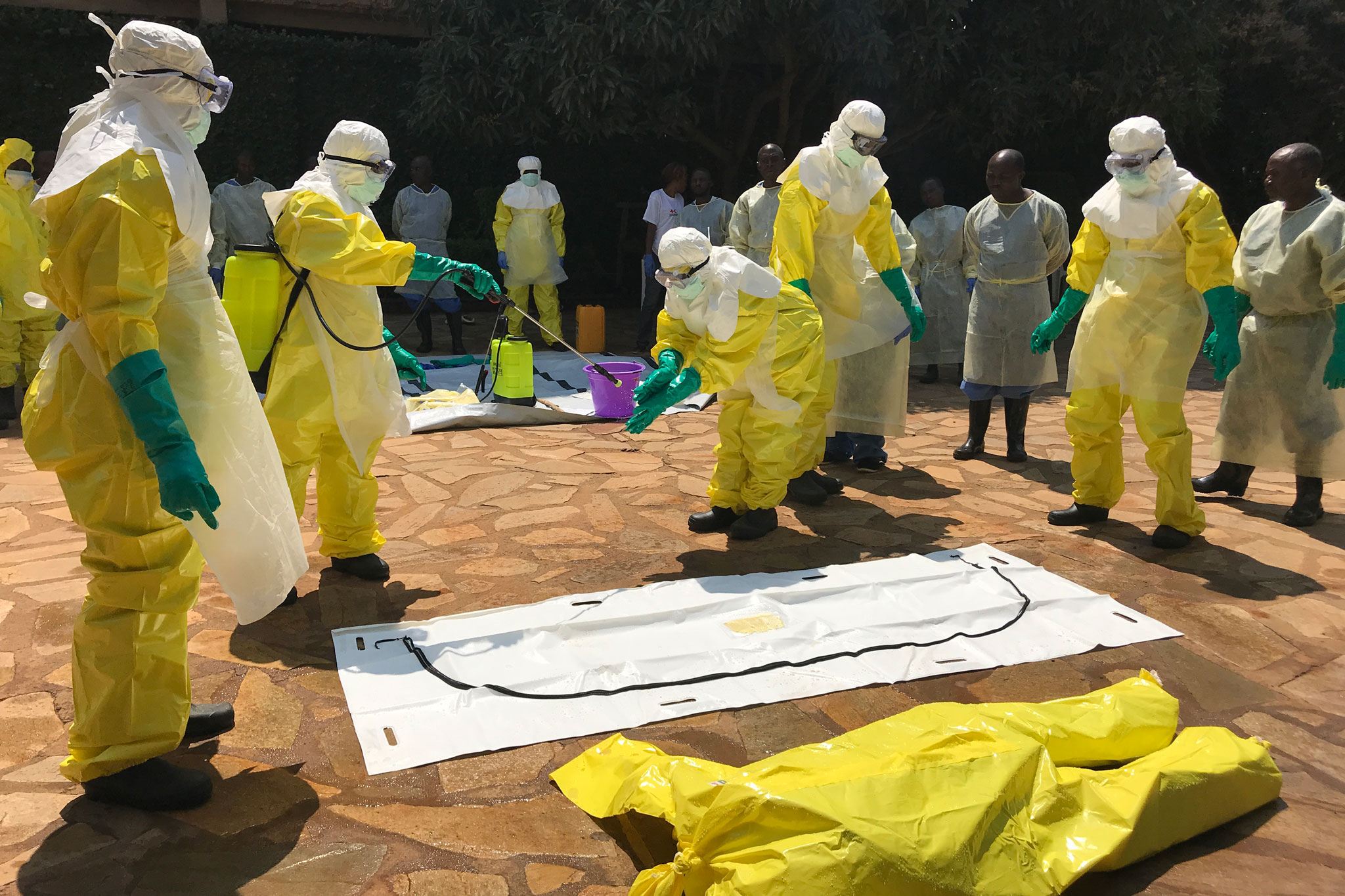Ebola
Key documentation and products developed by partners for supporting Community Engagement for Ebola Response

Situation
The health authorities in the Democratic Republic of the Congo today declared an outbreak of Ebola after a case was confirmed in Mbandaka, a city in the north-western Equateur Province. This is the third outbreak in the province since 2018. (WHO, 23 Apr 2021)
The [DR] Congo today kicked off Ebola vaccination in Mbandaka, the capital city of Equateur Province in the north-west, to halt the spread of the virus following an outbreak which has claimed two lives since 21 April. Around 200 doses of the rVSV-ZEBOV Ebola vaccine have been shipped to Mbandaka from the eastern city of Goma. More doses will be delivered progressively in the coming days. The vaccination uses the “ring strategy” where the contacts and the contacts of contacts of confirmed Ebola patient are given the vaccine as well as frontline and health workers.
So far, 233 contacts have been identified and are being monitored. Three vaccination teams are already on the ground and will work to reach all the people at high risk. To date, two cases, both deceased, have been confirmed since the outbreak began. The disease has currently been reported only in Mbandaka health district. (WHO, 27 Apr 2021)

KEY RESOURCES
KNOWLEDGE HUBS ON EBOLA
Research
Mbandaka Outbreak 2022
Beni Outbreak 2021
Shared drive of Ebola RCCE Working Group from Beni (DRC) 2021 Outbreak

